- IDP China>
- 课程库>
- 医学与健康>
- 职业健康与临床医学>
- 综合健康科学>
- Doctor of Philosophy in Health and Rehabilitation Sciences - Rehabilitation and Movement Sciences
Doctor of Philosophy in Health and Rehabilitation Sciences - Rehabilitation and Movement Sciences

学历文凭
Ph.D.

专业院系

开学时间

课程时长

课程学费

国际学生入学条件
B. Preference given to applicants a grade point average of 3.0 or better on a 4.0 scale and also for applicants with a master's degree.
C. Have taken the Graduate Record Examination (GRE) or equivalent graduate entrance exam within the past five years or have completed an American accredited graduate program prior to applying.
D. Strong letters of recommendation (three references).
E. Achieved an acceptable score on the TOEFL for international applicants.
F. Applicant must submit two official transcripts from all post-secondary schools.
G. One essay, no more than 1000 words on the candidate's research interests and how those interests match to research at Stony Brook University's School of Health Technology and Management.
The Admissions Committee will consider all factors including grades, standardized test scores, recommendation letters, essays, prior training, professional experience, and match in research interest. The goal of the committee is to select applicants who have the academic capability, personal qualities, and commitment to provide future value to society through a career in interdisciplinary health sciences research.
IELTS: Overall score of 6.5, with no subsection recommended to be below 6
TOEFL: 80 for Master's level, 90 for admission to a doctoral program and to be eligible for consideration for TA/GA support
IDP—雅思考试联合主办方

雅思考试总分
6.5
- 雅思总分:6.5
- 托福网考总分:90
- 托福笔试总分:160
- 其他语言考试:NA
CRICOS代码:
申请截止日期: 请与IDP联系 以获取详细信息。
课程简介
相关申请
 预科
预科 奖学金
奖学金 实习机会
实习机会 在校学习
在校学习 跨境学习
跨境学习 校园授课-线上开始
校园授课-线上开始 在线/远程学习
在线/远程学习
开学时间&学费
学费信息仅供参考,请与IDP联系以获取详细信息
| 开学时间 | 时长 | 学费 | 地点 |
|---|
学校排名

世界排名251
数据源:
泰晤士高等教育世界大学排名
关于纽约州立大学石溪分校

石溪大学(简称 SBU)成立于 1957 年,位于纽约州长岛,是一所充满活力的公立大学。该大学共有约 25000 名学生,其中包括 17000 多名本科生,支持着一个庞大而多元化的学术社区,同时提供丰富而令人兴奋的大学体验。该大学提供广泛的本科、研究生和博士课程,涵盖多个领域。该校在科学、工程和医学方面拥有坚实的基础,并辅以艺术、人文和社会科学课程。热门专业包括生物医学工程、海岸环境研究和计算机科学,每个专业都将学校的前沿研究与基于实践经验的学习相结合,为学生完成学业后从事专业工作做好准备。根据2024年《美国新闻与世界报道 》,SBU 在纽约州公立大学中排名第一,在全美公立大学中排名第 26 位。同一份研究报告还将该大学的社会流动性排在全美第 12 位,并跻身全美十大最多元化大学之列。SBU 是纽约州立大学(SUNY)系统的一部分,并于 2022 年被纽约州州长正式指定为纽约州立大学的两所旗舰大学之一。该大学的长岛校区为学生提供了一系列美丽的海滩,同时还拥有靠近纽约市的所有优势,为学生提供了丰富的教育和课外活动机会。
本校相关课程
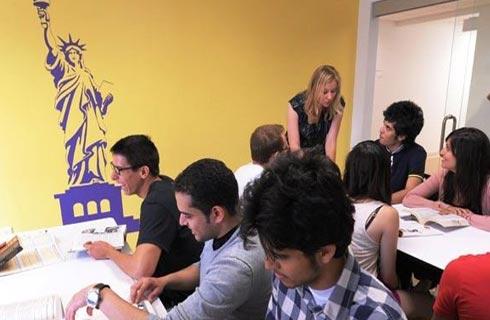
妇女与性别研究文学士
学历文凭
Bachelor Degree
开学日期
课程费用总额


技术系统管理理学学士
学历文凭
Bachelor Degree
开学日期
课程费用总额


可持续发展研究文学学士学位
学历文凭
Bachelor Degree
开学日期
课程费用总额


西班牙语言文学学士学位
学历文凭
Bachelor Degree
开学日期
课程费用总额


社会学文学学士
学历文凭
Bachelor Degree
开学日期
课程费用总额


社会工作科学学士学位
学历文凭
Bachelor Degree
开学日期
课程费用总额

其他相关课程

Master of Arts in Global Governance
 滑铁卢大学
滑铁卢大学学历文凭
Masters Degree
开学日期
课程费用总额

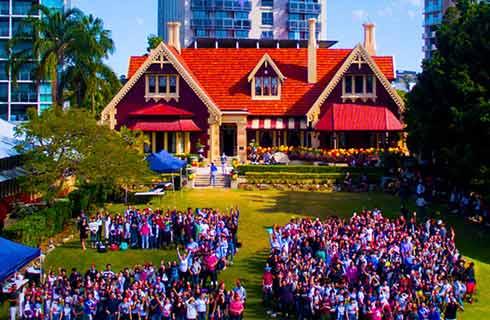
卫生研究(荣誉)理学学士
 滑铁卢大学
滑铁卢大学学历文凭
Bachelor Degree with Honours
开学日期
课程费用总额

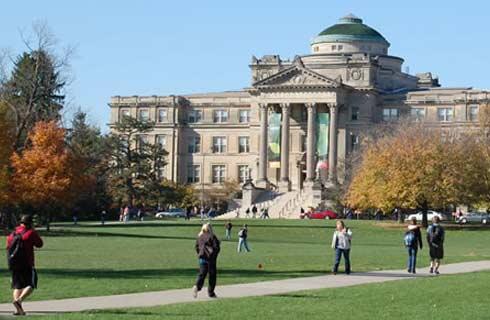
社区卫生和流行病学理学硕士
 达尔豪斯大学
达尔豪斯大学学历文凭
Masters Degree
开学日期
课程费用总额

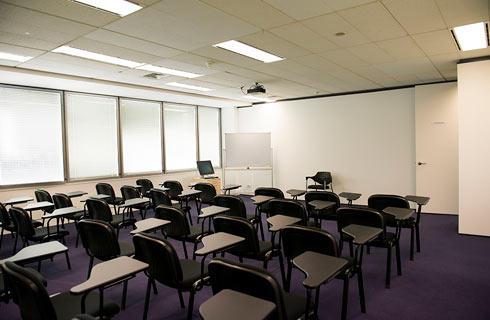
健康科学学士
 达尔豪斯大学
达尔豪斯大学学历文凭
Bachelor Degree
开学日期
课程费用总额

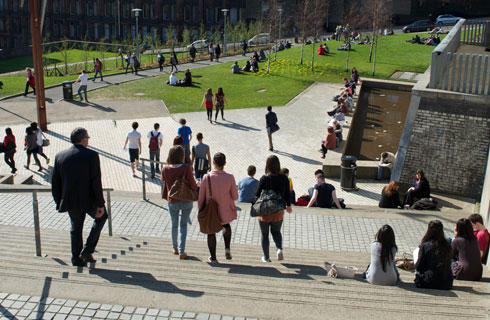
性别与妇女研究文学士学位
 达尔豪斯大学
达尔豪斯大学学历文凭
Bachelor Degree
开学日期
课程费用总额


土著研究哲学博士
 特伦特大学
特伦特大学学历文凭
Ph.D.
开学日期
课程费用总额










 美国
美国